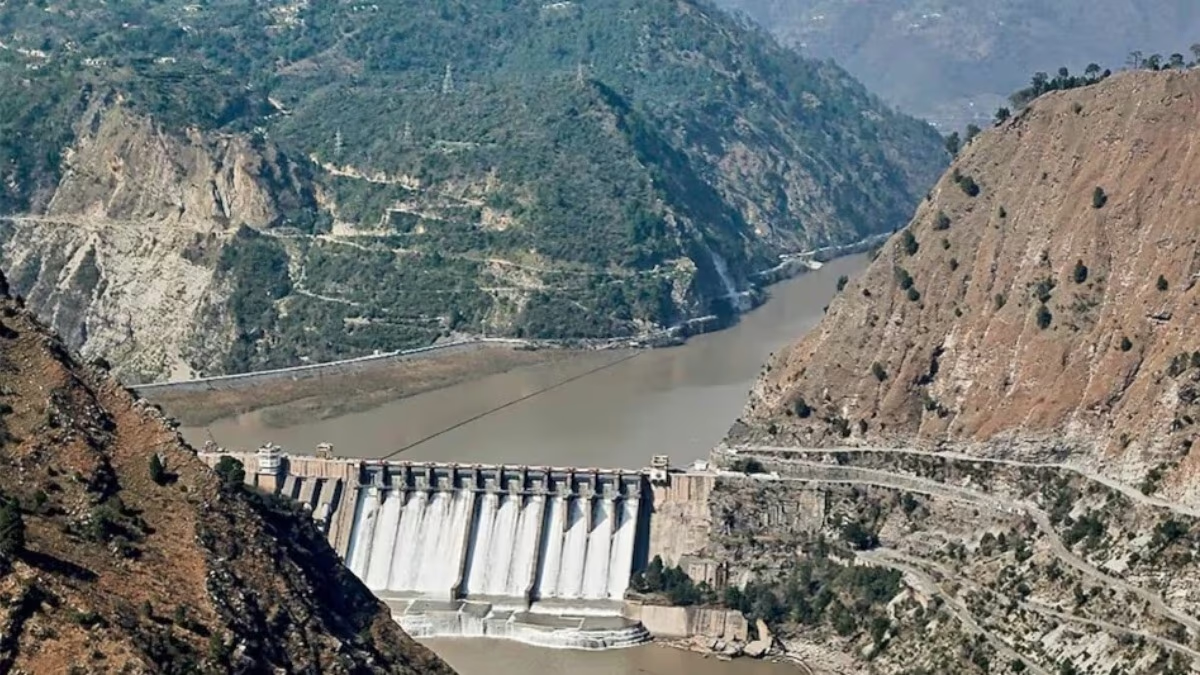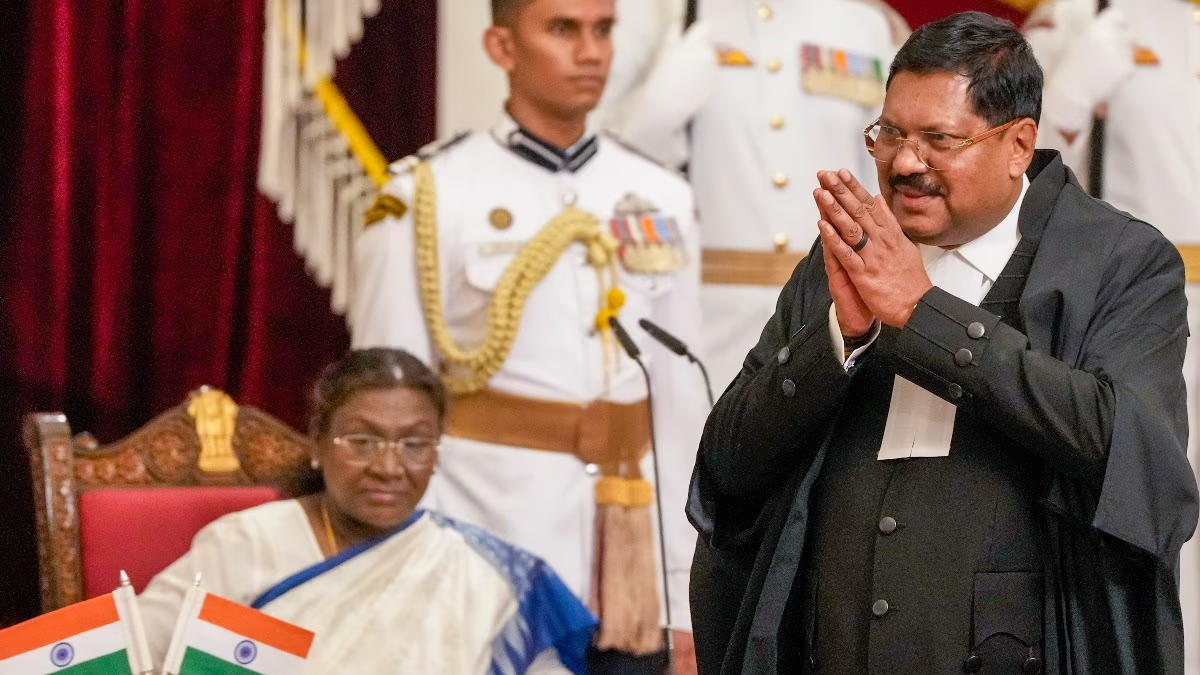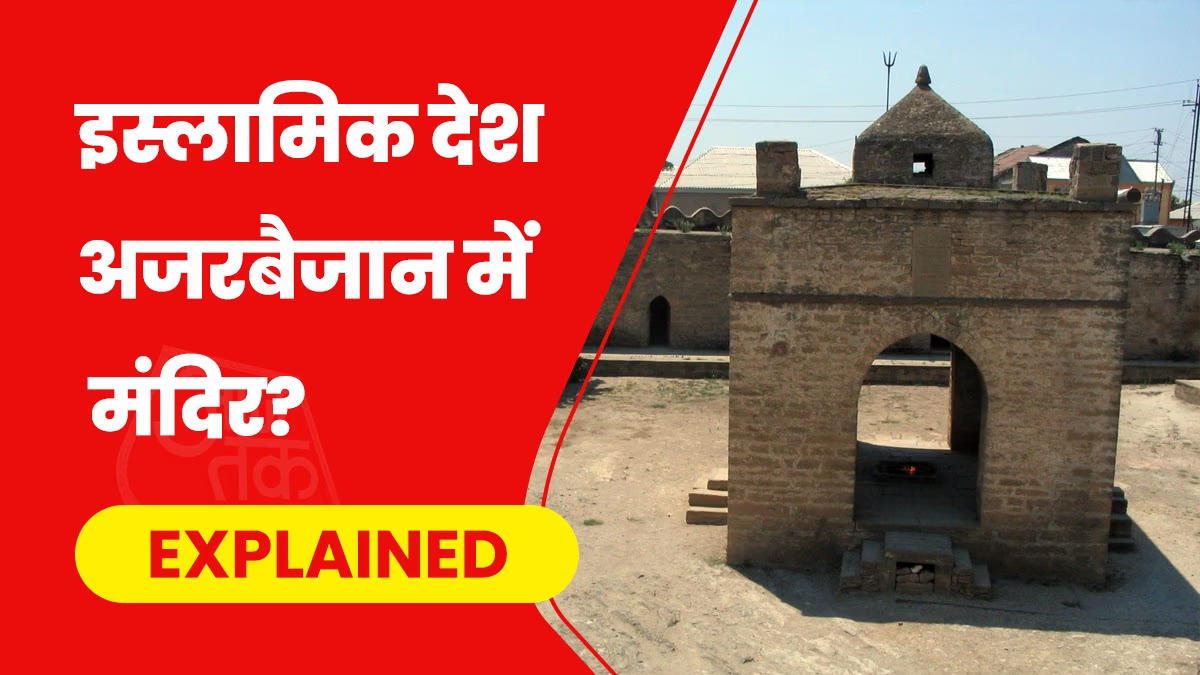After prolonged tension, India and Pakistan have now agreed on a ceasefire. According to Foreign Secretary Vikram Misri, crucial talks were held at 3:35 PM between the DGMOs (Directors General of Military Operations) of both countries, resulting in this significant decision. Misri stated that during the exchange, both countries consented to immediately cease military actions across air, water, and land, thus achieving a ceasefire. Negotiations regarding future strategies will continue on May 12.
Meanwhile, following the Pahalgam terror attack, India’s firm measures against Pakistan will persist. Reports indicate that India had taken actions on April 23, prominently including the suspension of the Indus Water Treaty, which remains in effect.
Read also: Major setback for Pakistan regarding the Indus Water Treaty; World Bank says it cannot resolve the dispute
Although recent agreements have been reached to halt gunfire and military operations between India and Pakistan, India’s position is unmistakably clear: terrorism will not be tolerated. India’s policy resolutely states that until cross-border terrorism ceases, normal relations are not anticipated.
Sources claim Pakistan declared this ceasefire as a "bilateral agreement," but India emphasizes a zero-tolerance policy towards terrorism.
Amidst this, U.S. President Donald Trump claimed that America’s mediation was crucial in this ceasefire agreement between India and Pakistan. Trump expressed on social media his pleasure in announcing that both countries agreed to a complete and immediate ceasefire following extensive overnight discussions.
Though India has not directly commented on this agreement, it remains evident that stringent measures like the Indus Water Treaty suspension won’t be revoked imminently.
What is the Indus Water Treaty?
The Indus Water Treaty was agreed upon in Karachi in September 1960 between then Indian Prime Minister Jawaharlal Nehru and Pakistani military ruler Ayub Khan. Under this pact, from 62 years ago, India receives 19.5% of the waters from the Indus and its tributaries, whereas Pakistan gets approximately 80%. India utilizes nearly 90% of its share. Signed to divide the Indus Valley’s six rivers between both countries, the Treaty necessitates annual meetings of the Indus Waters Commission between them.
The last meeting regarding the Indus Water Treaty took place in New Delhi on May 30-31, 2022, and was described as amicable by both nations. Eastern rivers are under India's rights, while the western rivers were allocated to Pakistan. The World Bank brokered this agreement. Out of 168 million acre-feet, India is allocated 33 million acre-feet of water annually from the Sutlej, Beas, and Ravi rivers.
Also Read: How Pakistan might suffer various losses due to Indus "Strike" despite the water not stopping in 1965, 1971, and Kargil wars...
Post-consumption, the remaining waters flow to Pakistan. Meanwhile, rivers like the Indus, Jhelum, and Chenab allocate approximately 135 million acre-feet of annual water to Pakistan. The Indus water system incorporates five tributaries alongside the main river: Ravi, Beas, Sutlej, Jhelum, and Chenab. Flowing to the left of the Indus River, these rivers are vital for both India and Pakistan. Suspending this agreement could significantly impact Pakistan.




